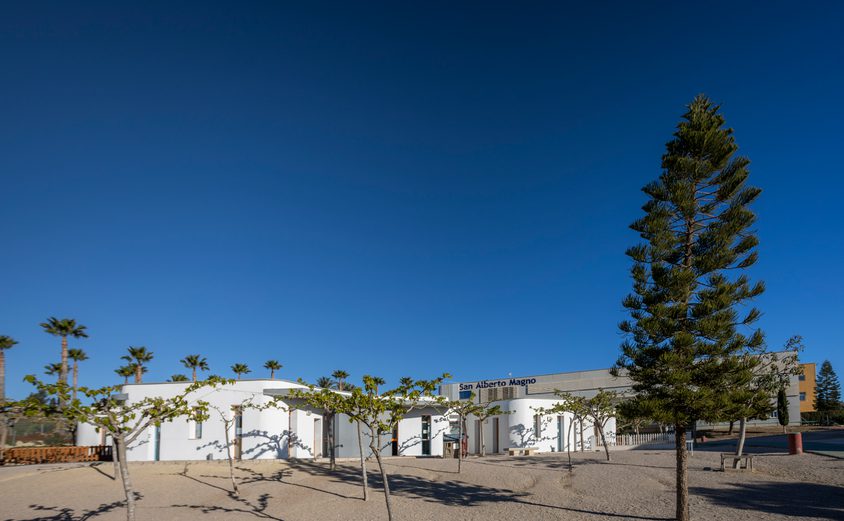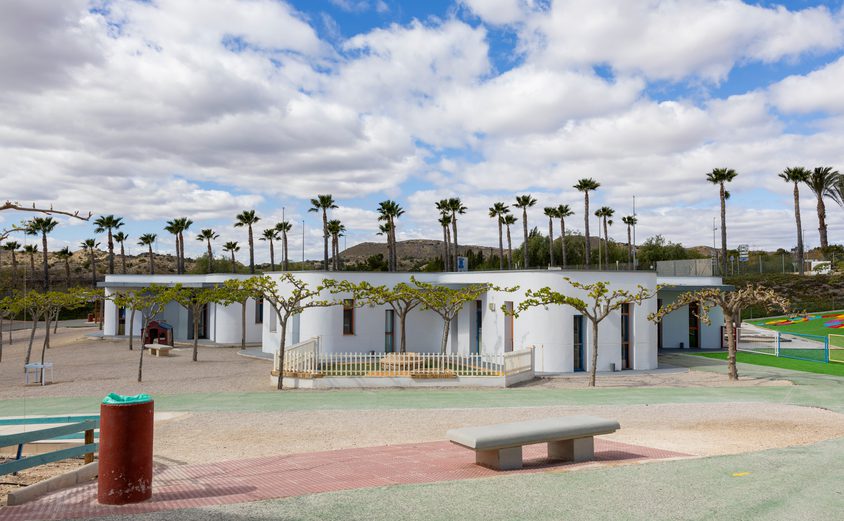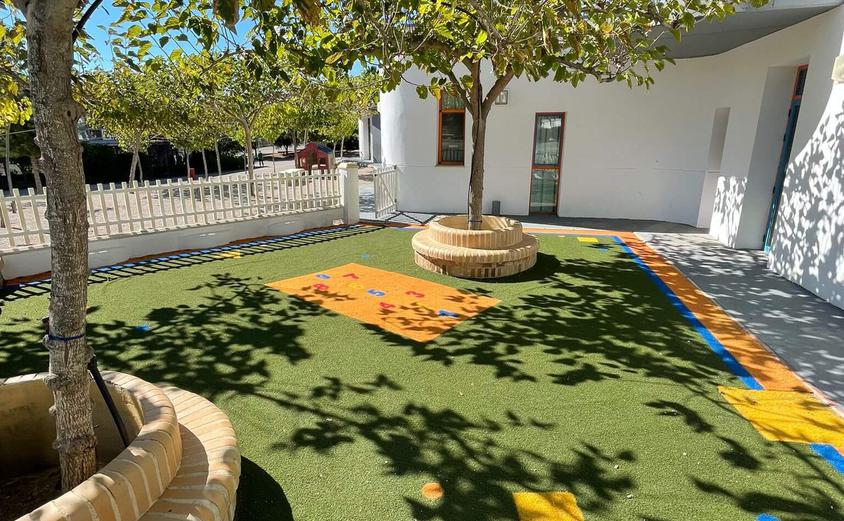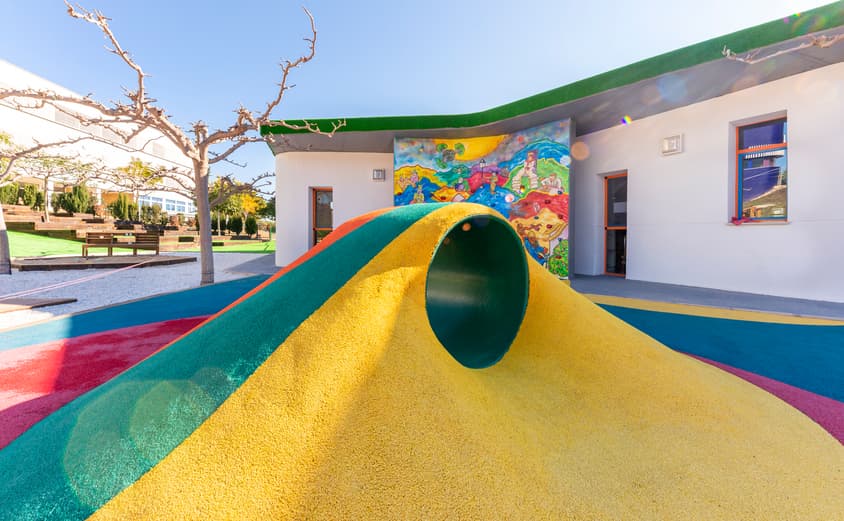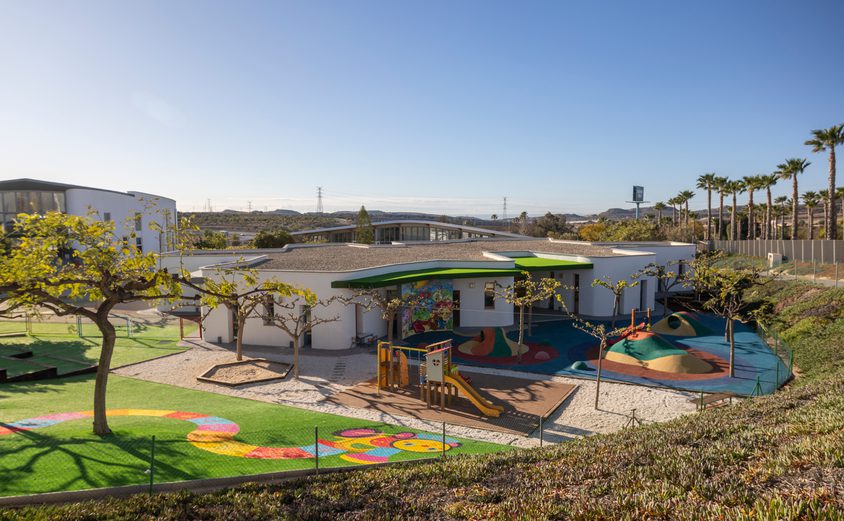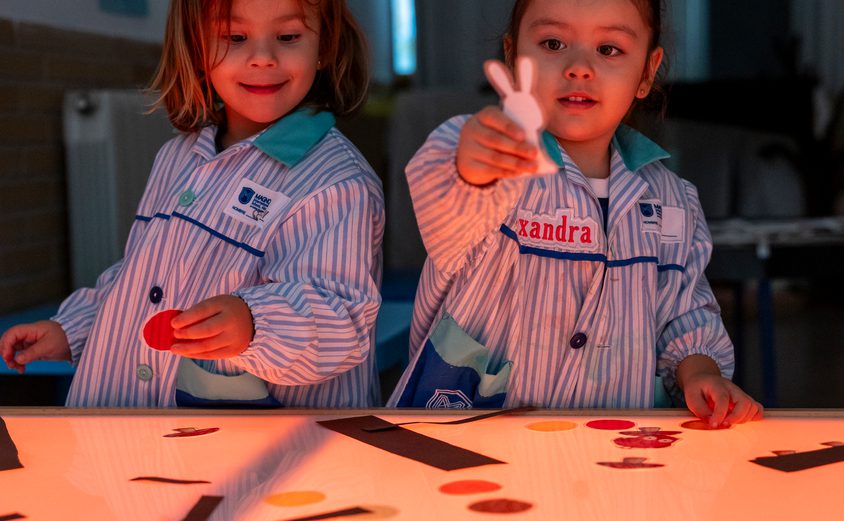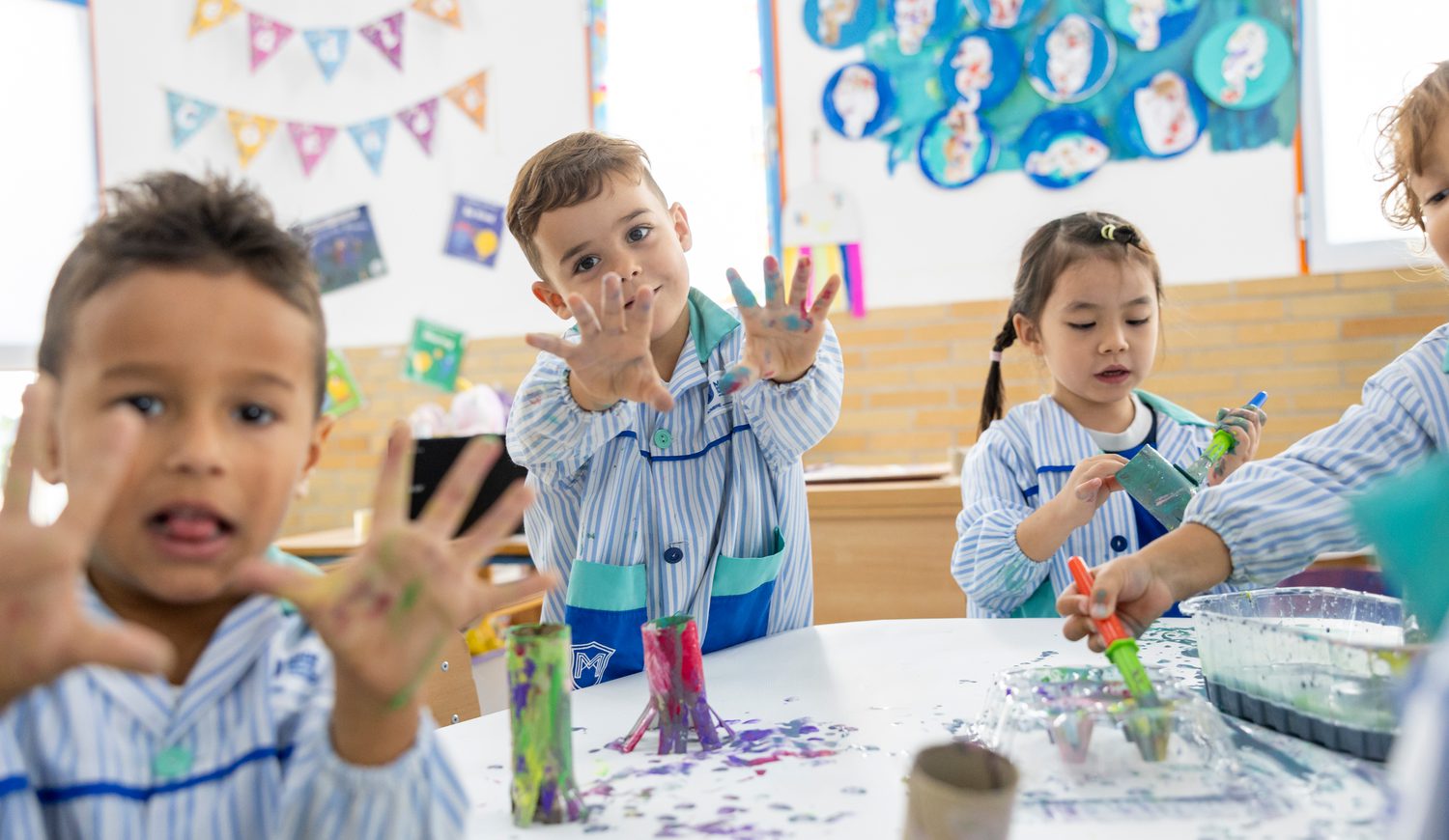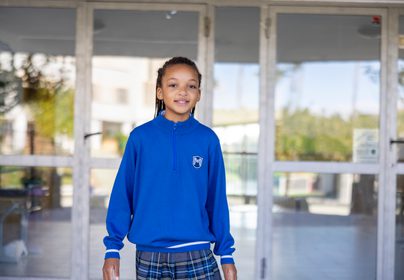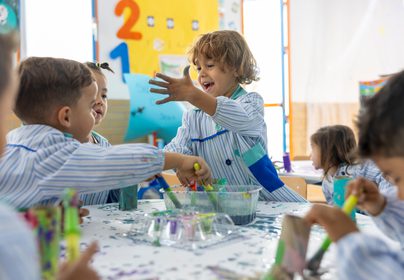Early childhood education at Magno International School is a nurturing experience for children aged three to six. We focus on every child’s happiness and well-being because we understand that this is a fundamental stage in childhood development, emotionally and physically, and academically.
We are proud to offer a unique blend of curricula in our Early Years programme. As with our primary offering, children benefit from the best of both the Spanish National Curriculum and the world-renowned Cambridge International Education programme.
This powerful combination encourages curiosity, encouraging children to explore, discover, and develop a lifelong love of learning. By taking an active role in their own development, our pupils build confidence, emotional intelligence, and strong social skills.
All of this takes place in a nurturing, caring environment where children feel safe, supported, and happy.
We place great emphasis on the holistic development of every child. Our Early Years programme focuses on essential foundational skills, including language acquisition (in both English and Spanish), motor coordination, hygiene habits, and social interaction. We also lay the groundwork for academic success by introducing core skills in reading, writing, and mathematics.
Specific skills we nurture in Early Years
From day one, our qualified teachers in English education promote English skills in both written and oral forms. In addition to English, we also focus on mathematics as a fundamental skill at this stage.
Our expert teachers approach instruction with a multisensory focus, and among other things, pupils will learn the following:
Play is the central axis of our curriculum. Through playful activities, children learn in a natural and fun way, developing cognitive, social, and emotional skills.
We encourage the manipulation of materials and active exploration of the environment, which facilitates the understanding of abstract concepts through concrete experiences and promotes curiosity and discovery.
We incorporate multisensory learning, allowing children to use all their senses to interact with the world. This approach enhances information retention and supports different learning styles.
Activities are conducted in English, fostering total immersion in the language. All areas are taught in English except for literacy, which is taught in Spanish. We offer German and French classes, providing early exposure to multiple languages and cultures.
Music, violin, and piano classes enrich the artistic and musical development of the children. Psychomotricity and swimming promote physical development and coordination, in addition to being fun and healthy activities.
The school garden is a fantastic educational tool where children learn about nature, responsibility, and the life cycle of plants. This hands-on experience reinforces scientific concepts and promotes healthy habits.
We use active methodologies such as project-based learning and cooperative learning. Projects allow children to investigate and learn deeply about topics of interest, while cooperative learning fosters collaboration and teamwork.
We seek the holistic development of our little ones and pay great attention to the development of basic skills such as language (both English and Spanish), motor skills, hygiene habits, and socialisation. We also ensure that our pupils acquire fundamental skills such as reading, writing, and mathematics.
When it comes to assessment, we use a competency-based approach that focuses on observing and evaluating the overall development of the children, considering their cognitive, social, emotional, and motor skills. Through playful and everyday activities, we gather information on how the children solve problems, interact with their peers, express their emotions, and navigate their environment. This assessment is continuous and flexible, adapting to each child's individual characteristics, and its primary aim is to identify their strengths and areas for improvement to provide personalised education that enhances their holistic growth.
Why we introduced elements of the Cambridge International Education
The Cambridge Curriculum is a natural and enriching addition to our Early Years environment, aligning seamlessly with our vision for this vital stage of learning. It places strong emphasis on nurturing the whole child through curiosity, play, and active engagement.
With its hands-on, experiential approach, children develop critical thinking and problem-solving skills while doing what they enjoy most—exploring, experimenting, and discovering the world around them.
One of the programme’s greatest strengths is its flexibility. Children are supported as they grow and learn at their own pace, moving away from a one-size-fits-all model. This is especially important in the early years, when each child reaches developmental milestones in their own time. Our aim is to help every child discover their strengths, passions, and areas where they can truly flourish.
As our youngest learners explore and grow, the curriculum also supports the development of essential social-emotional skills, language acquisition, and physical coordination—all within a well-rounded and blended framework.
At Magno, the Cambridge Curriculum also opens the door to a global perspective. Through our international environment and emphasis on language learning, even our youngest children are introduced to the wider world with wonder, confidence, and curiosity.
